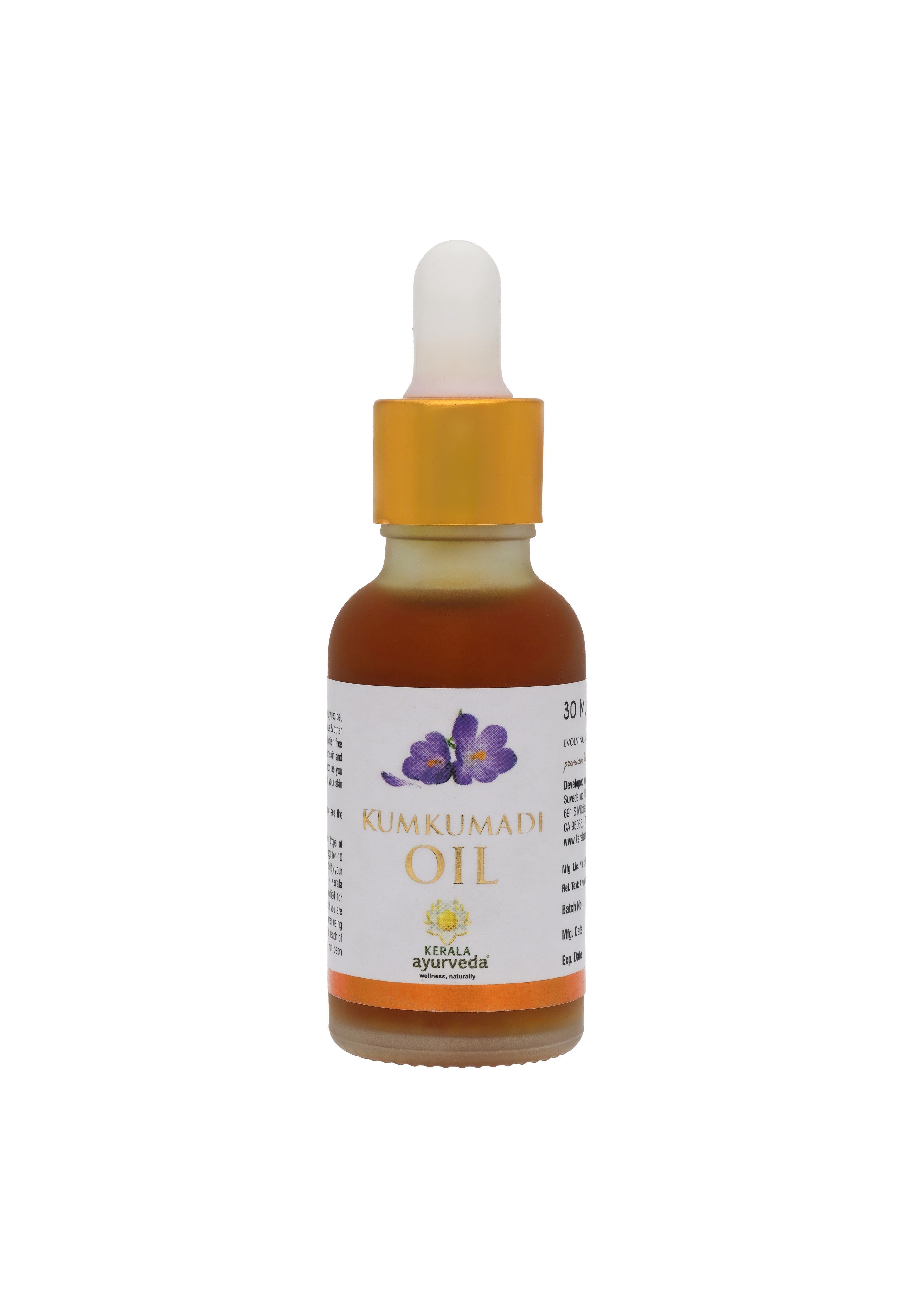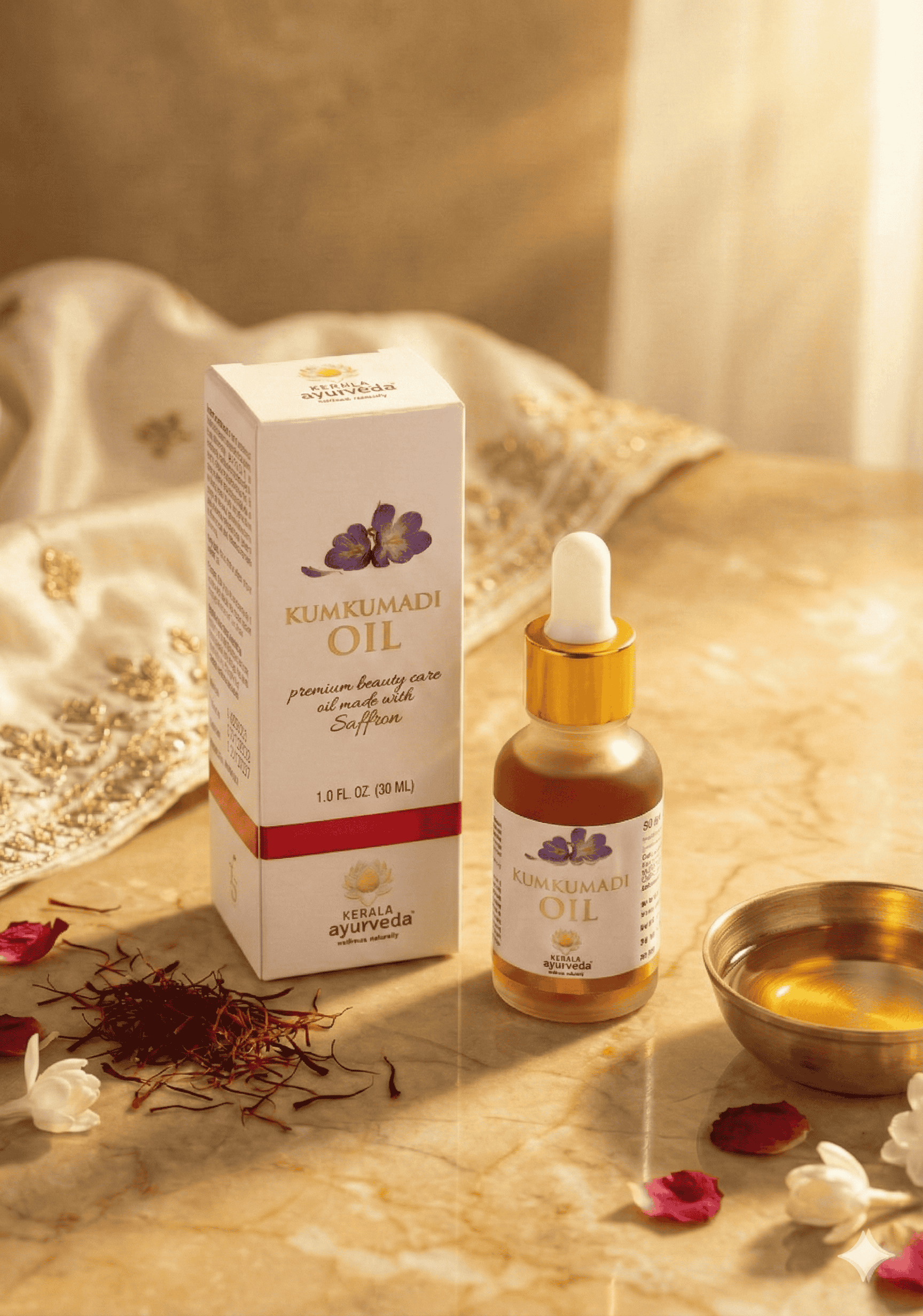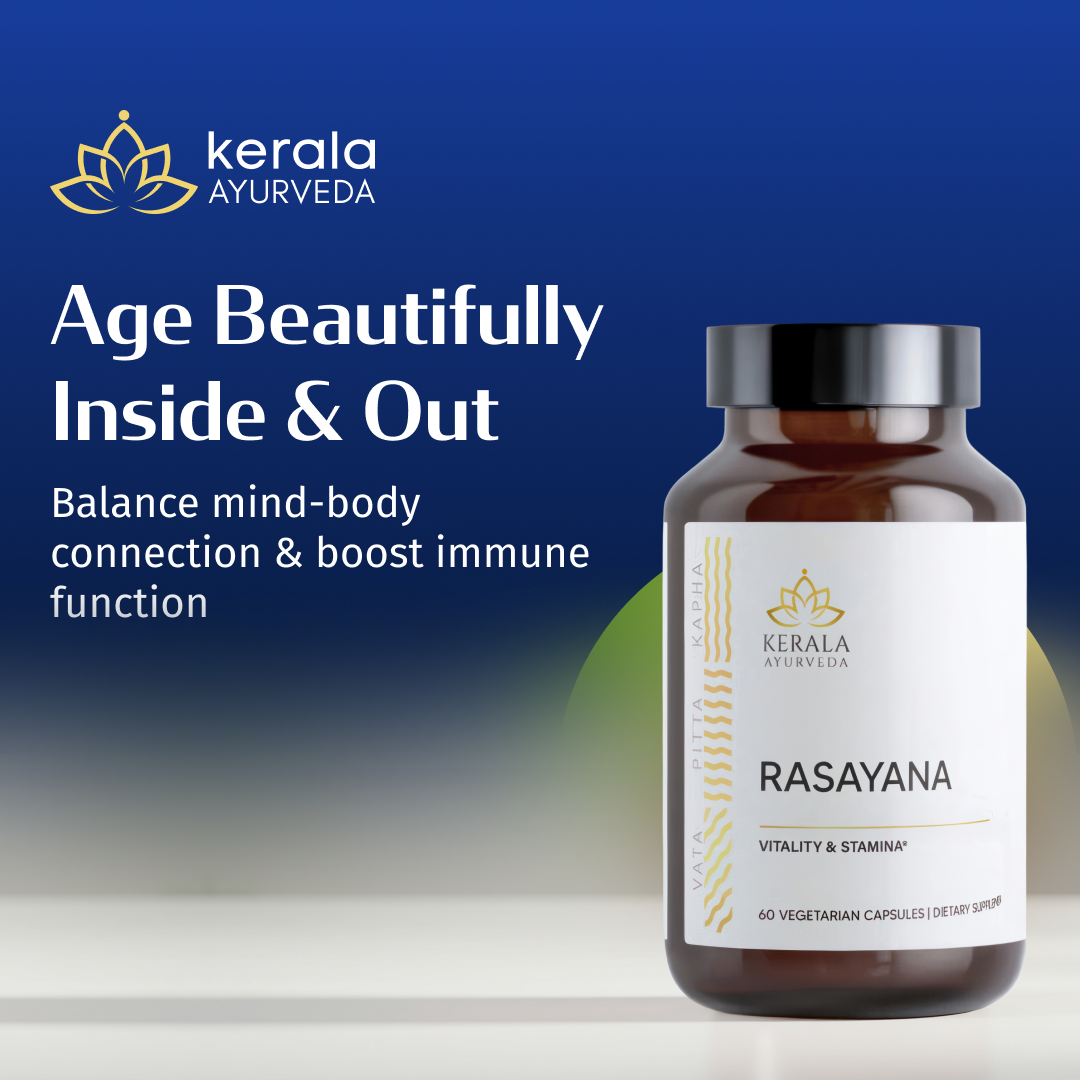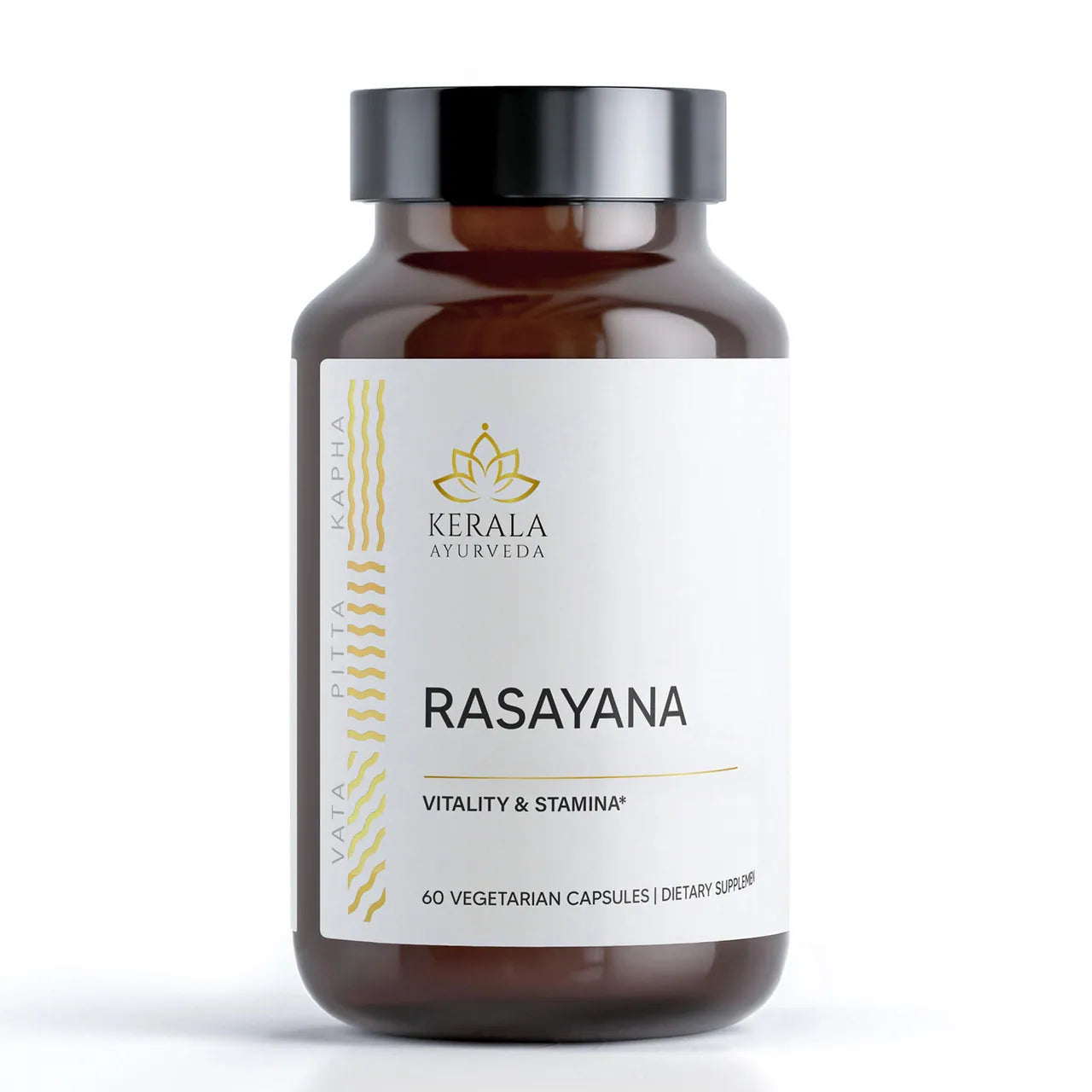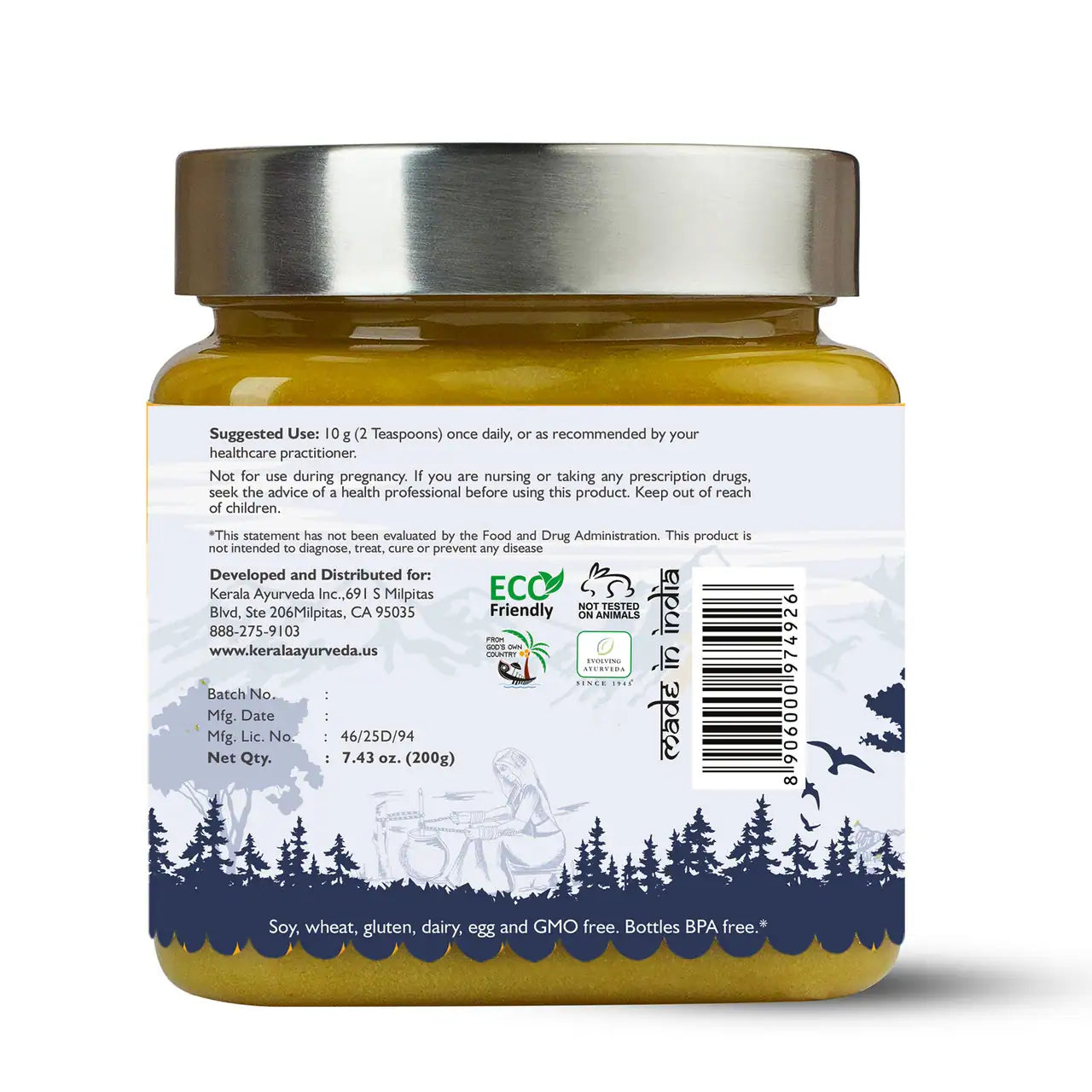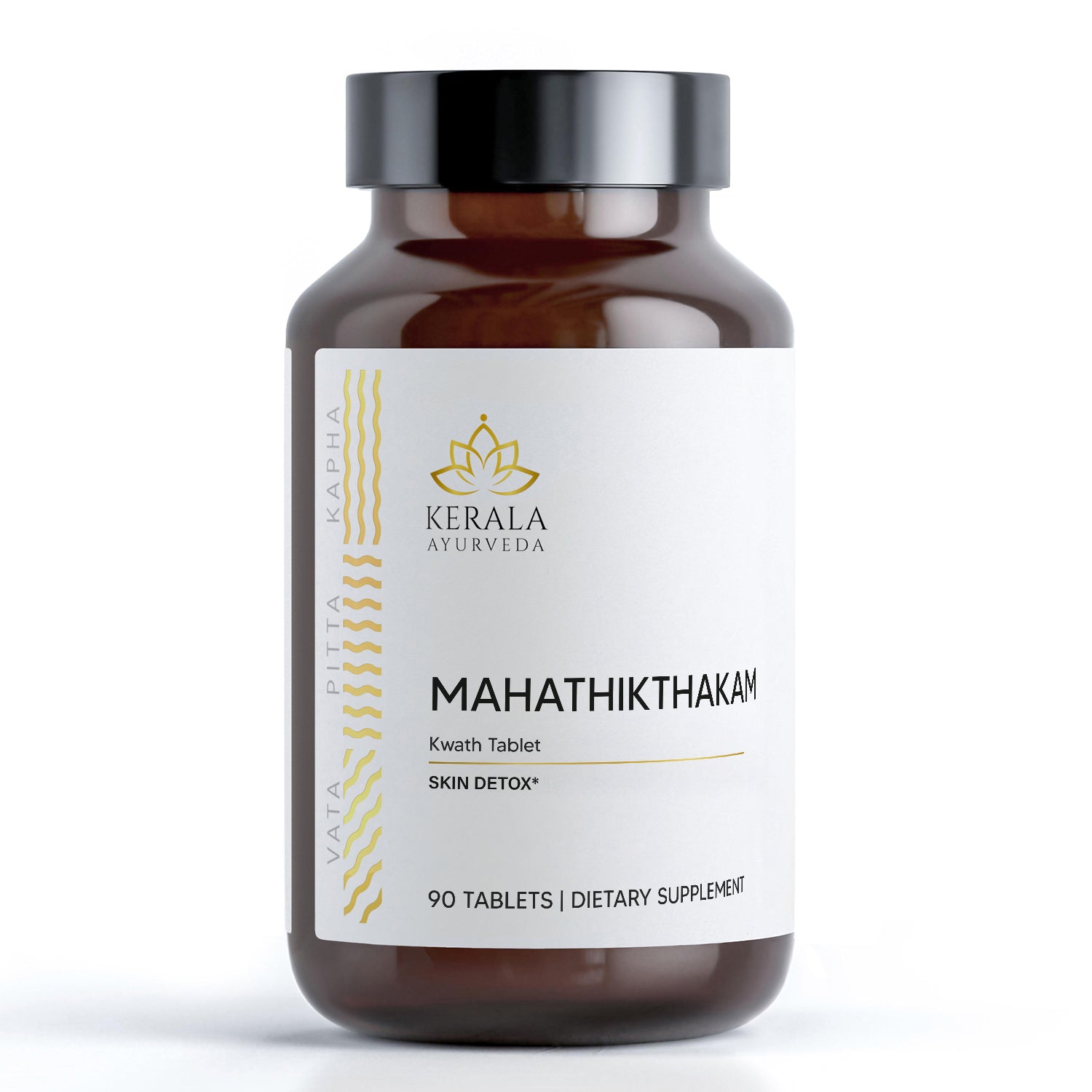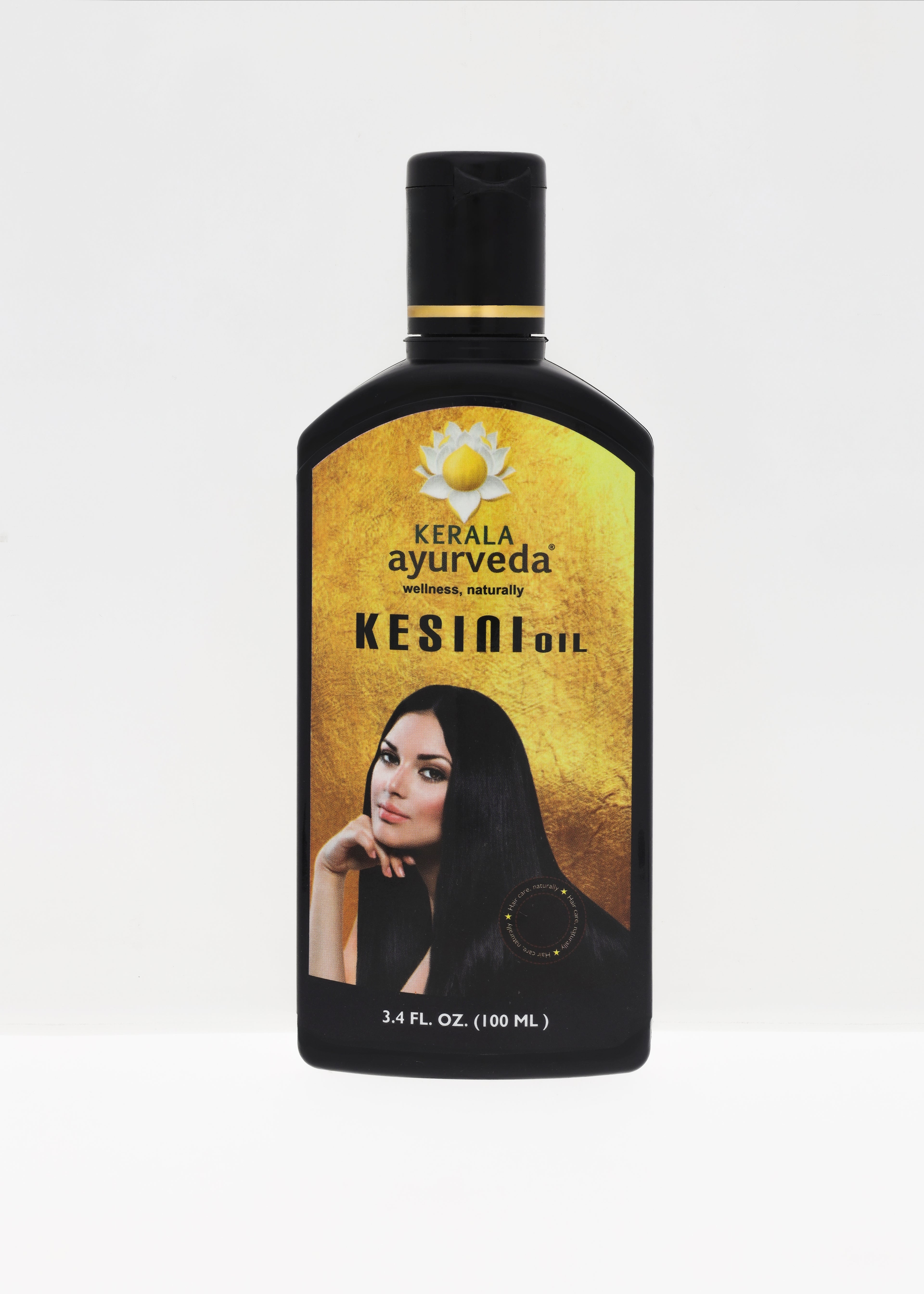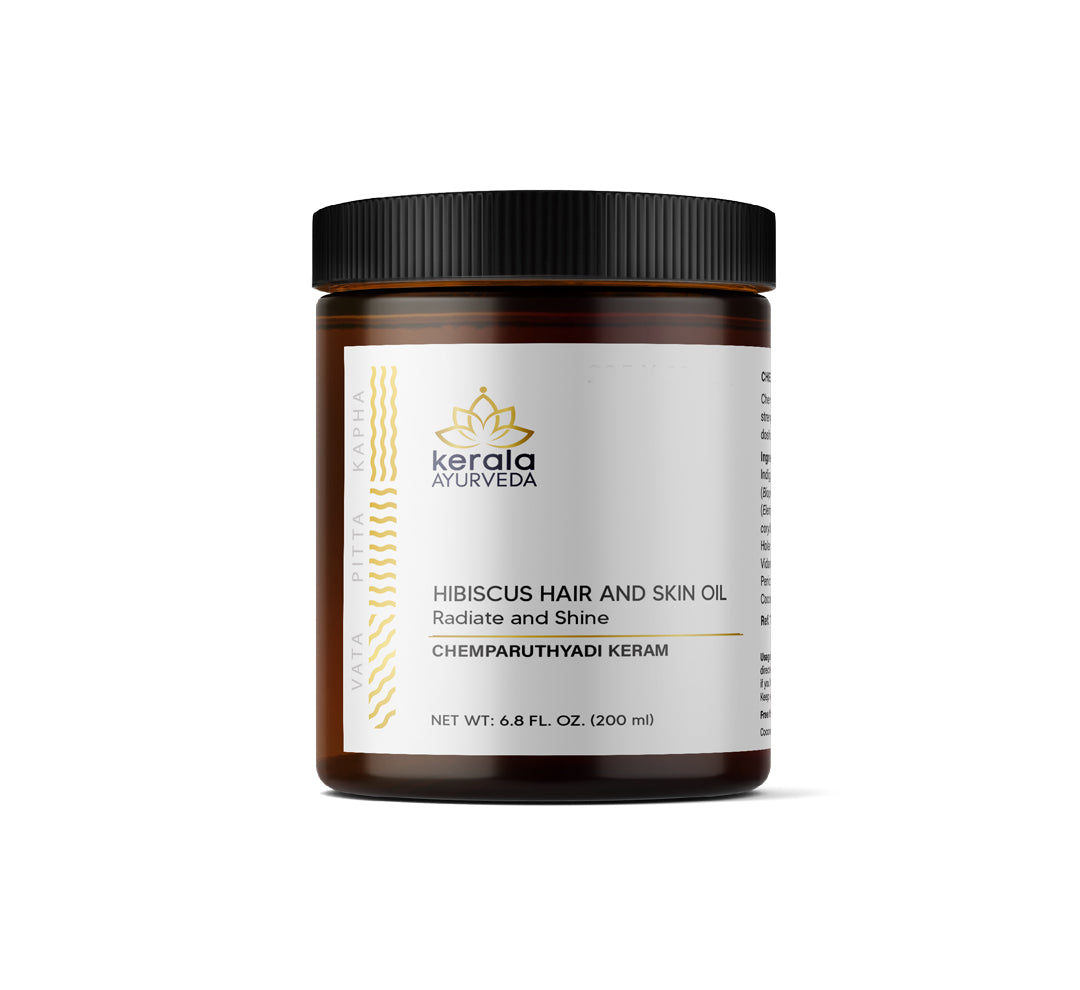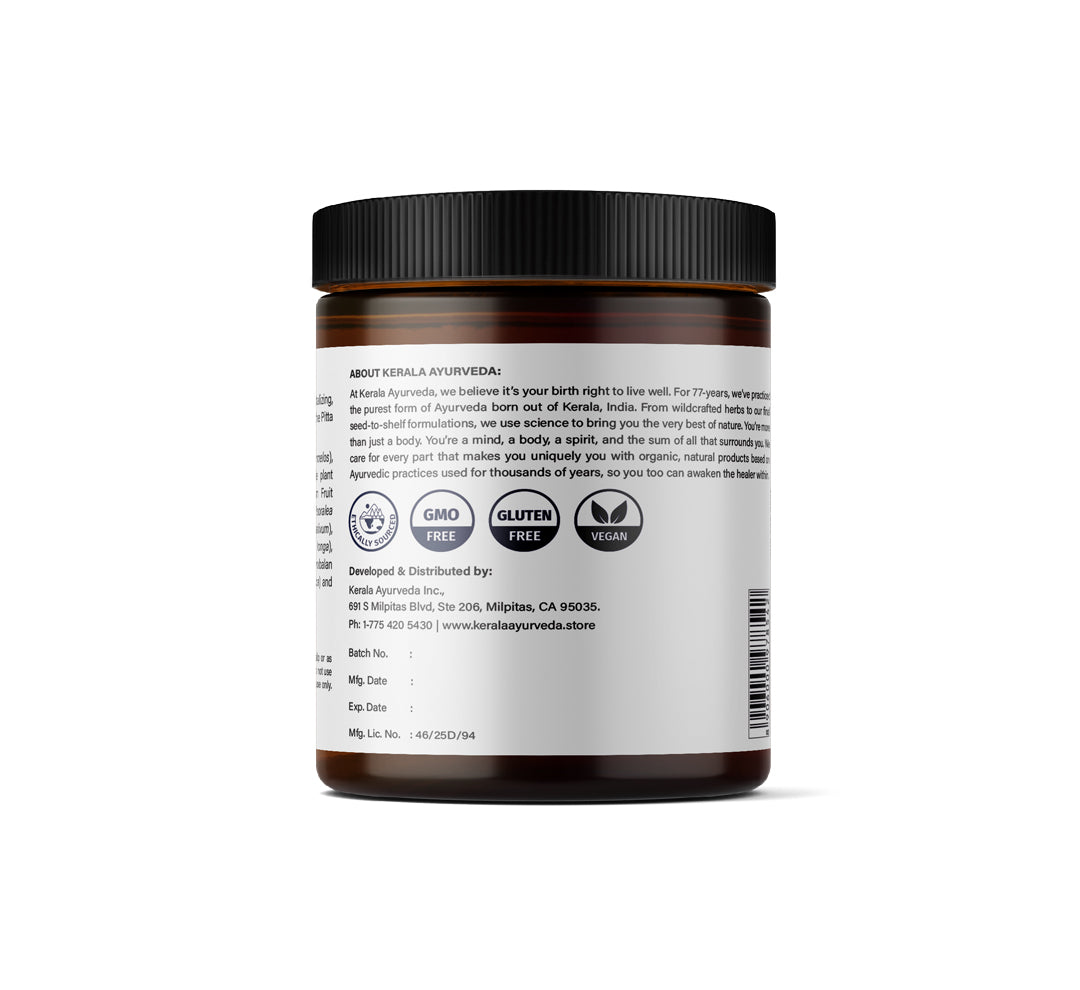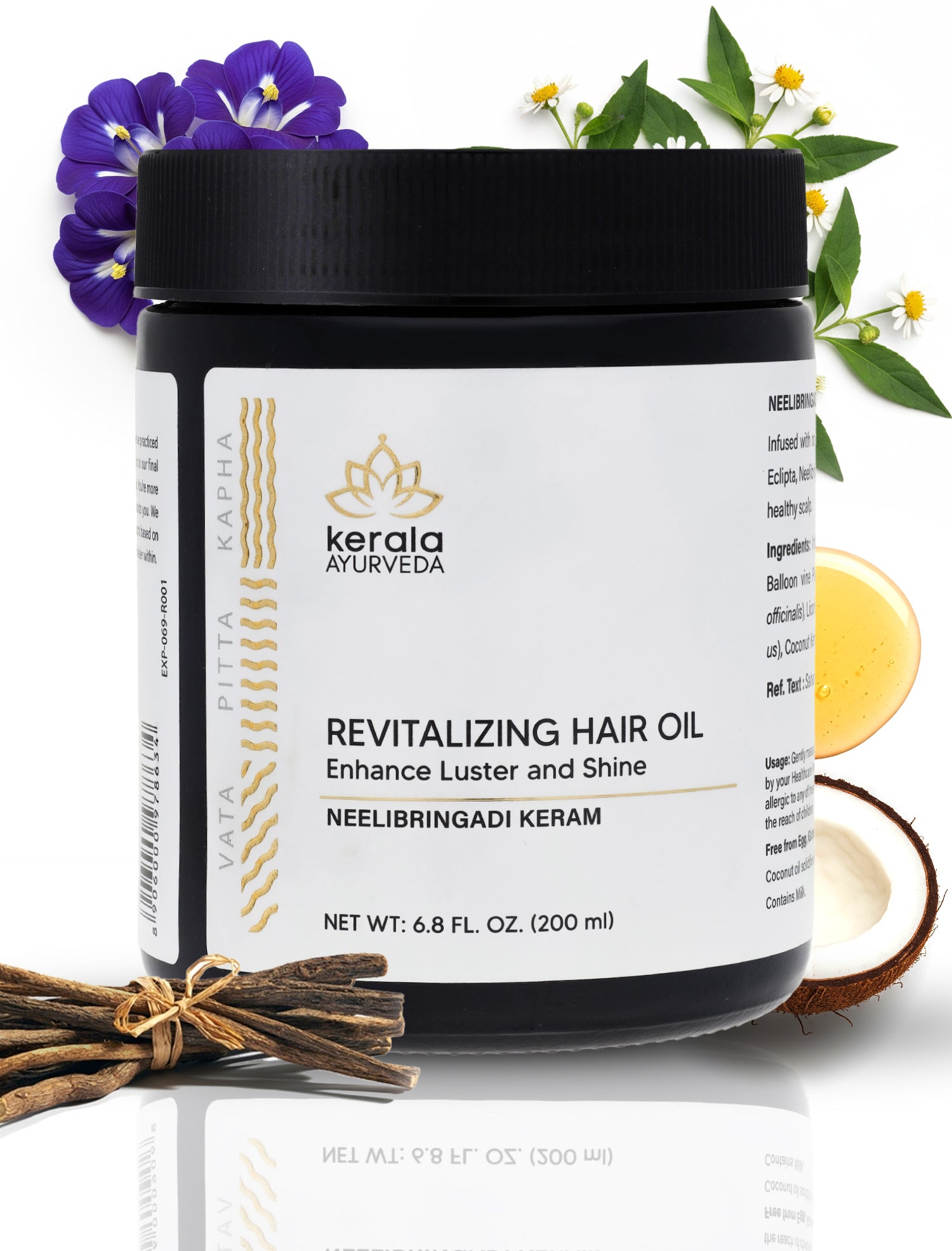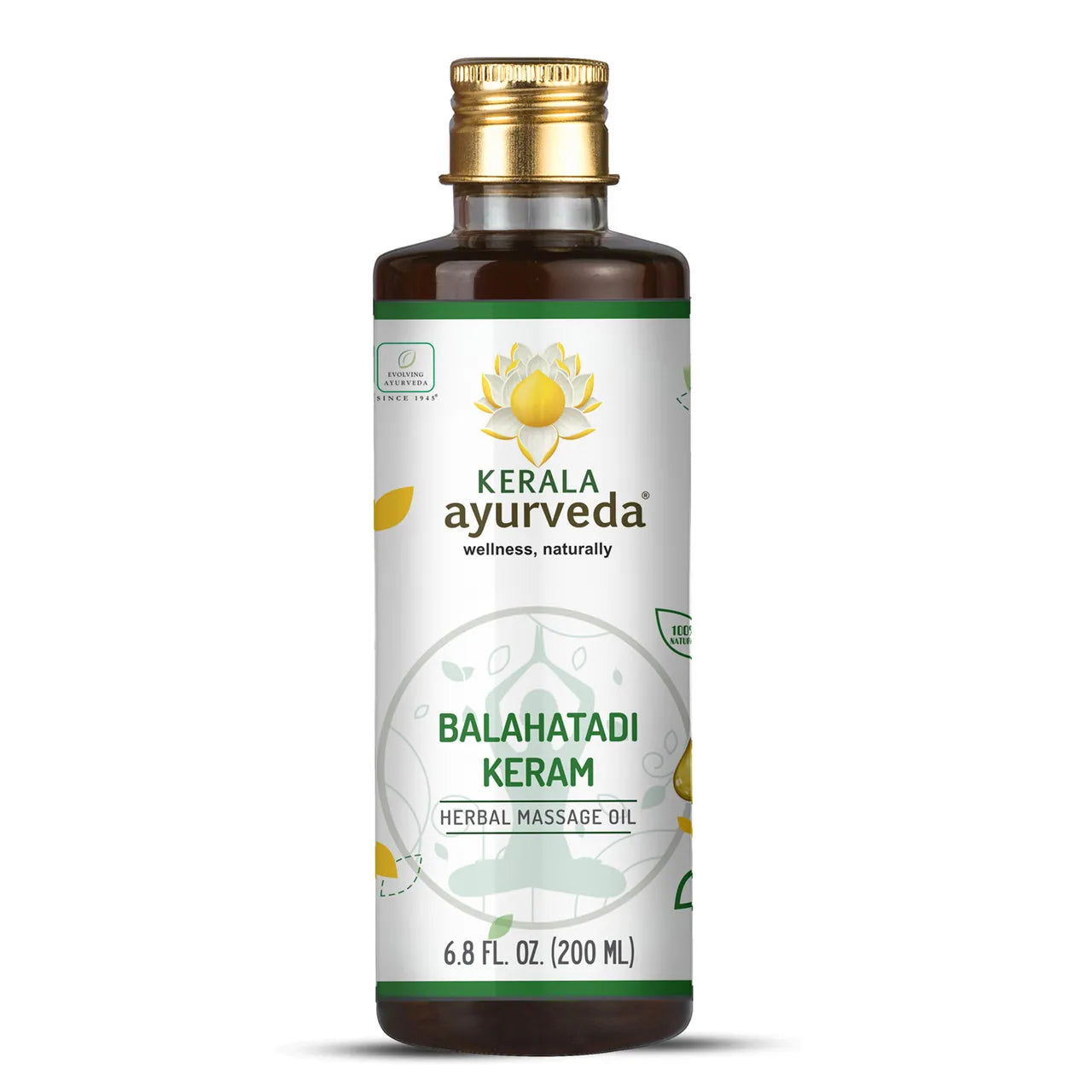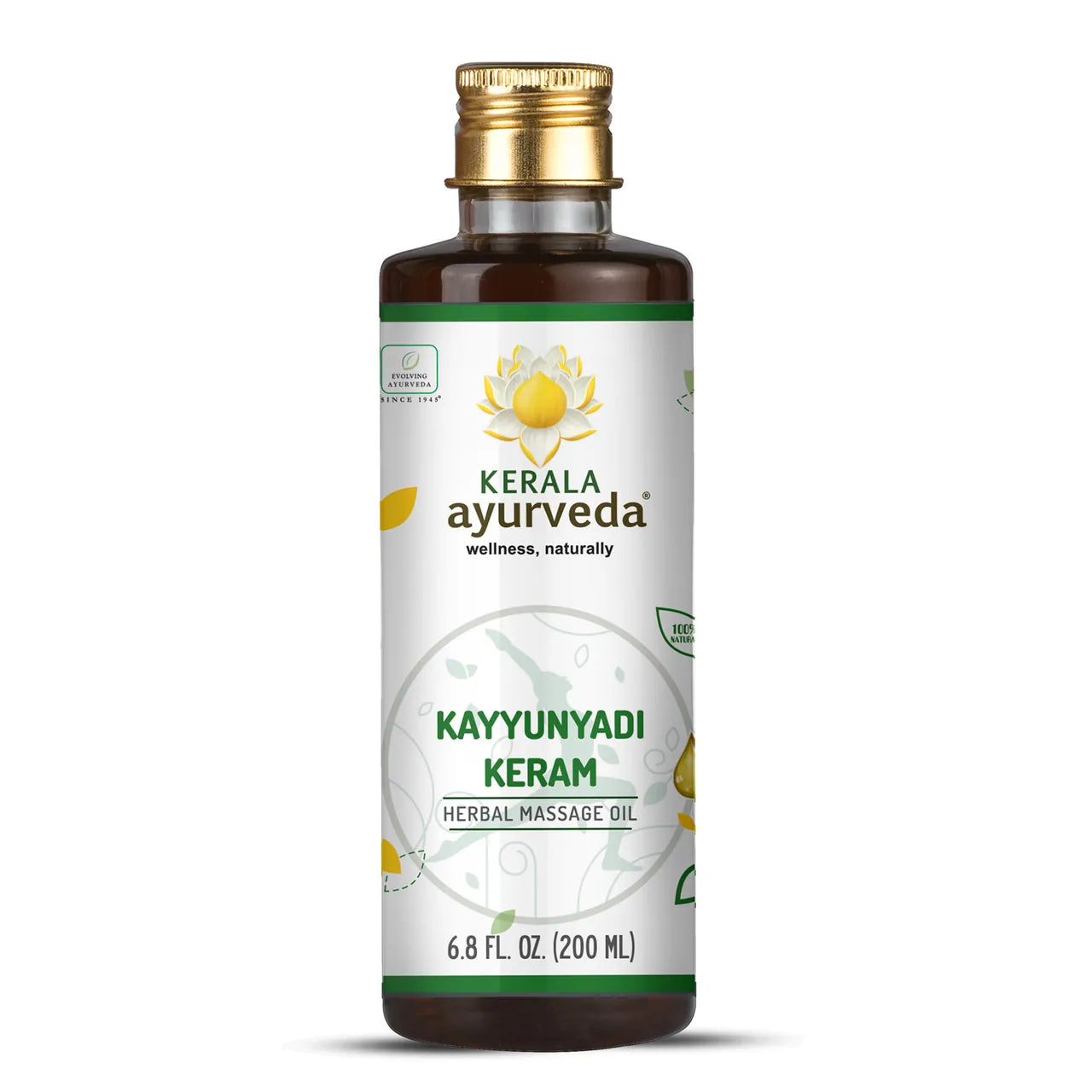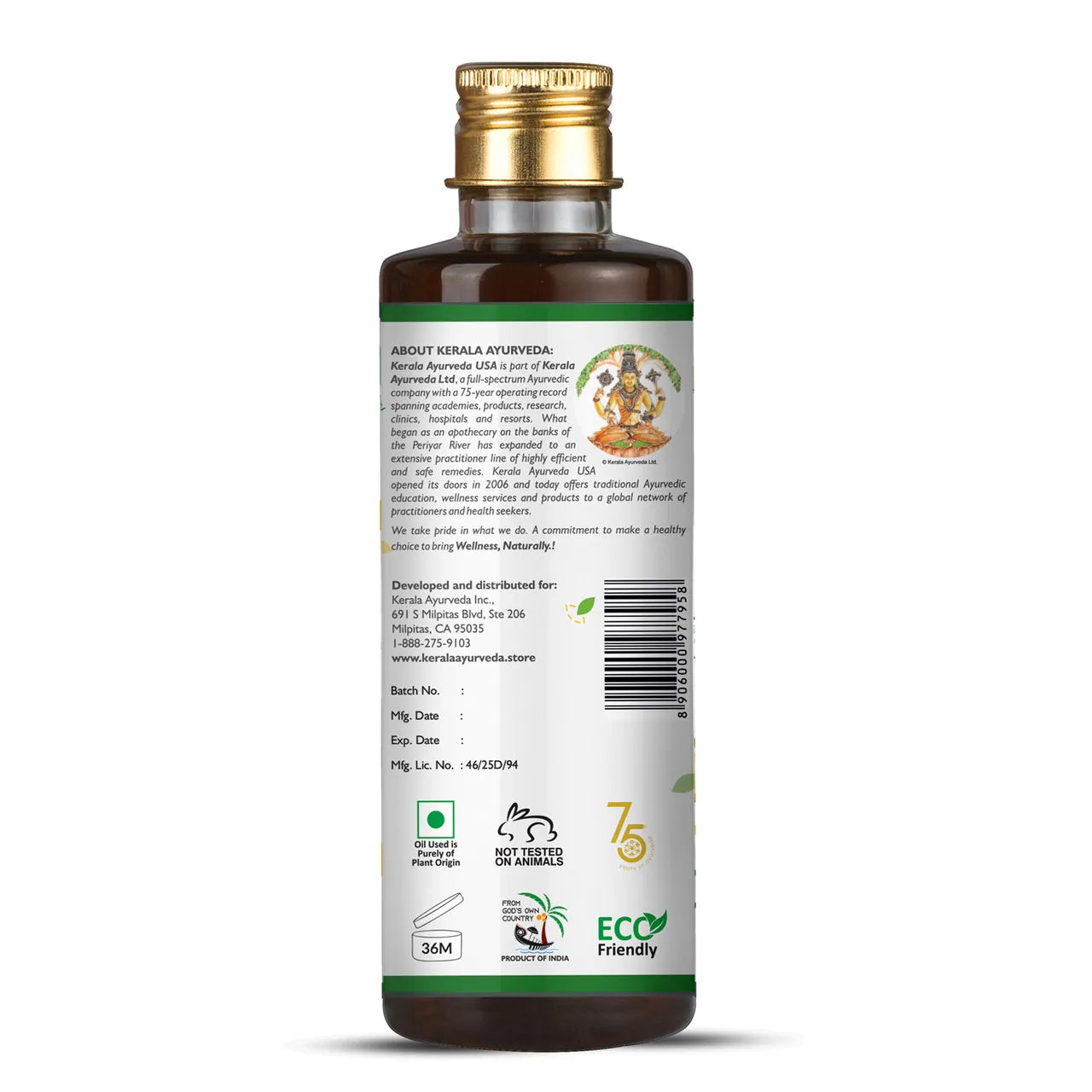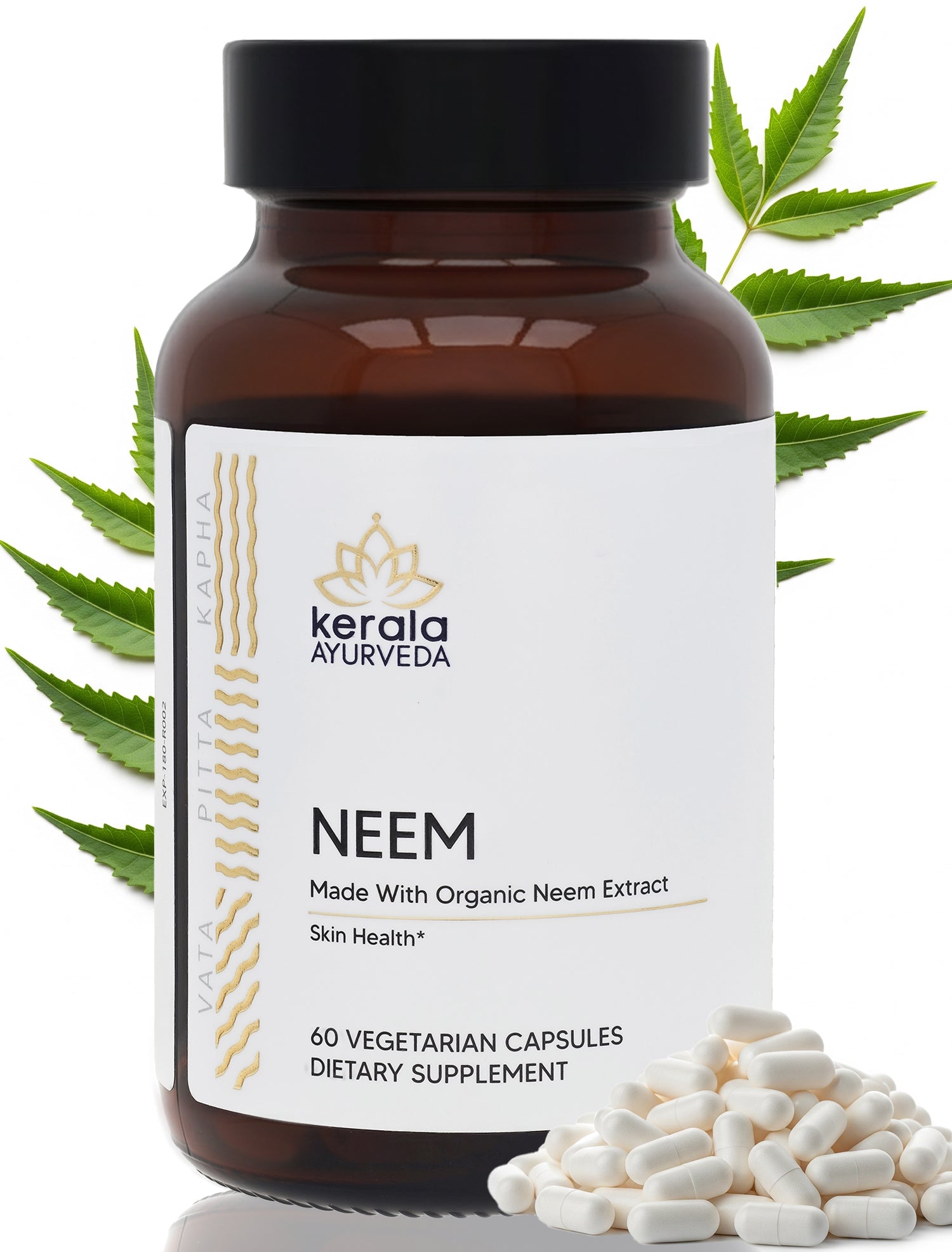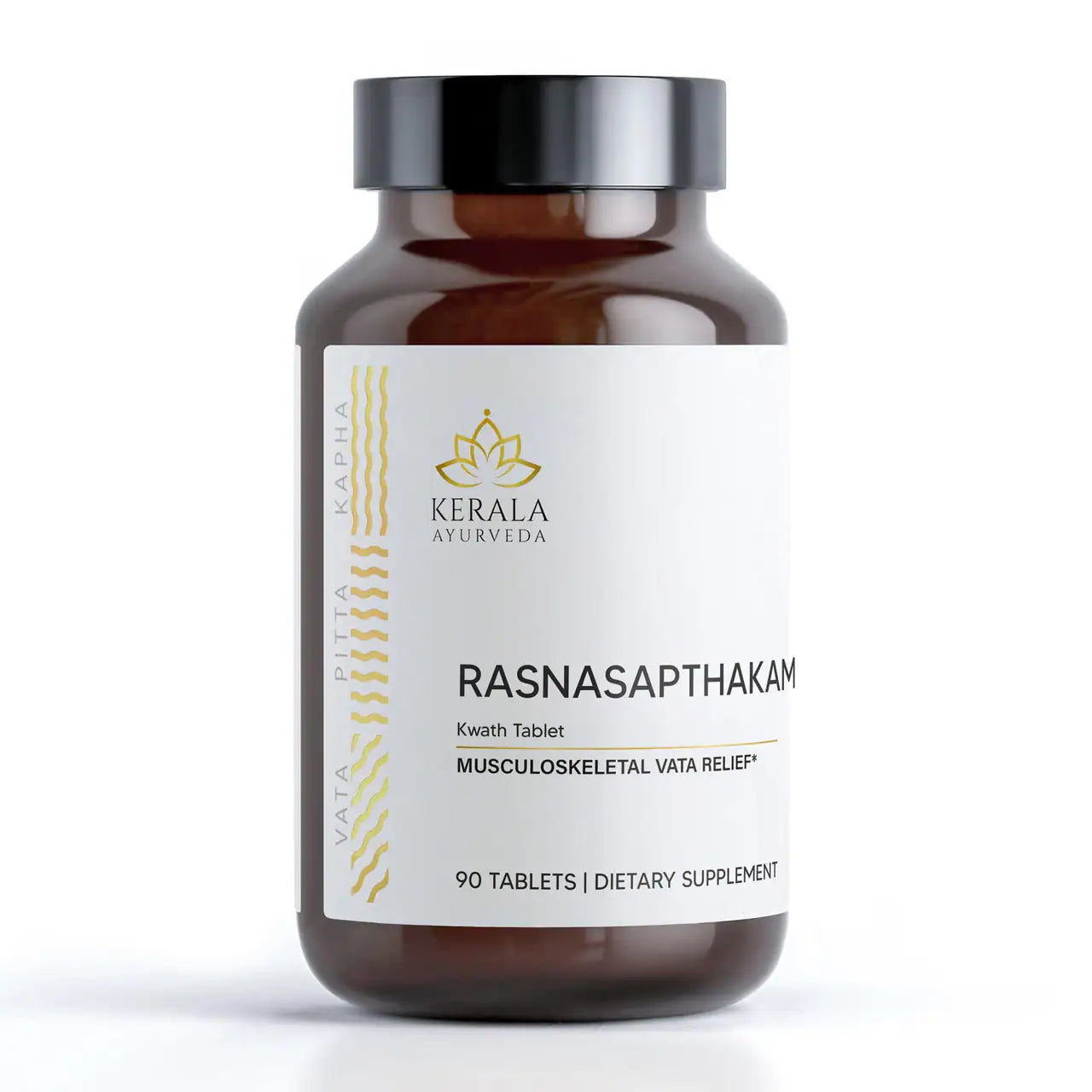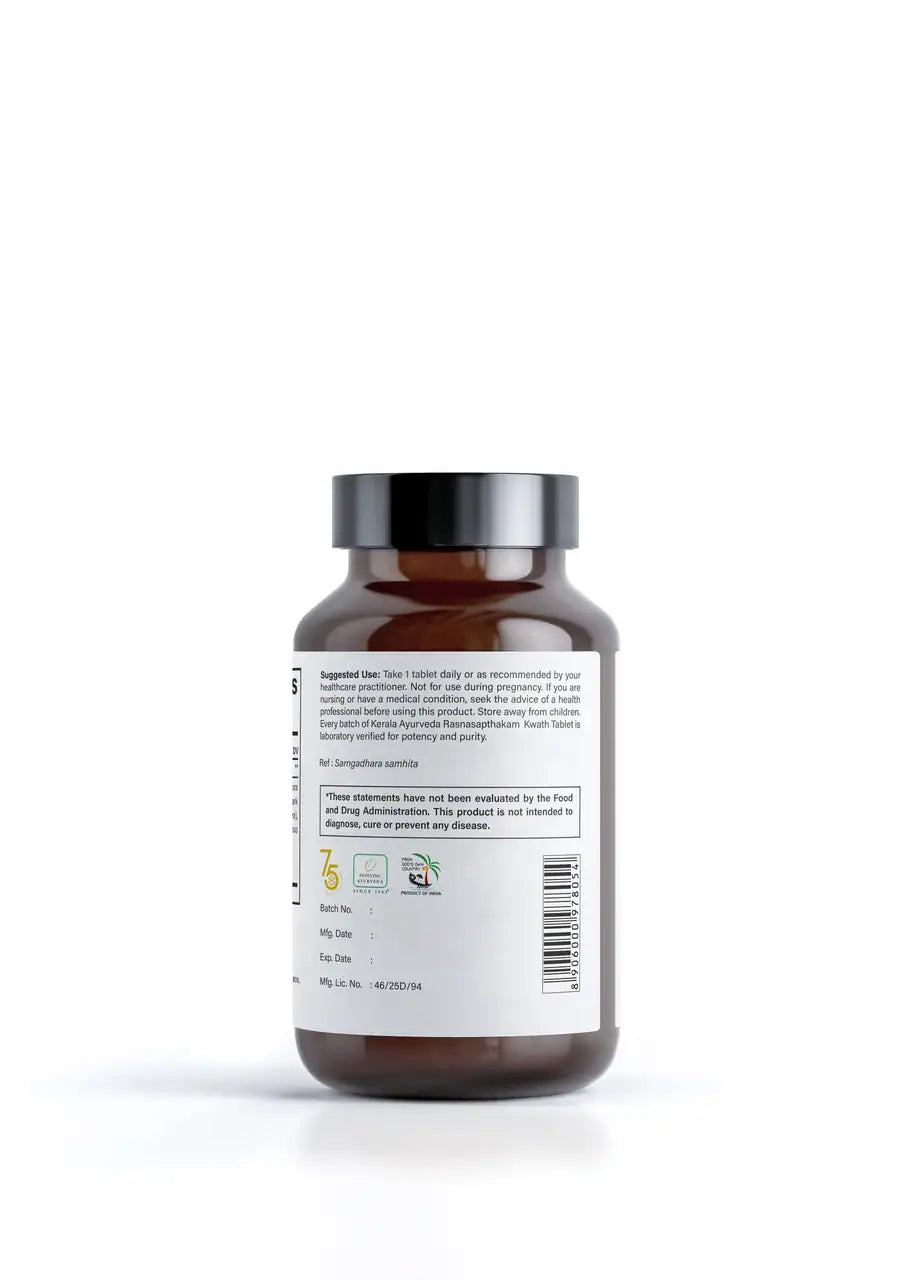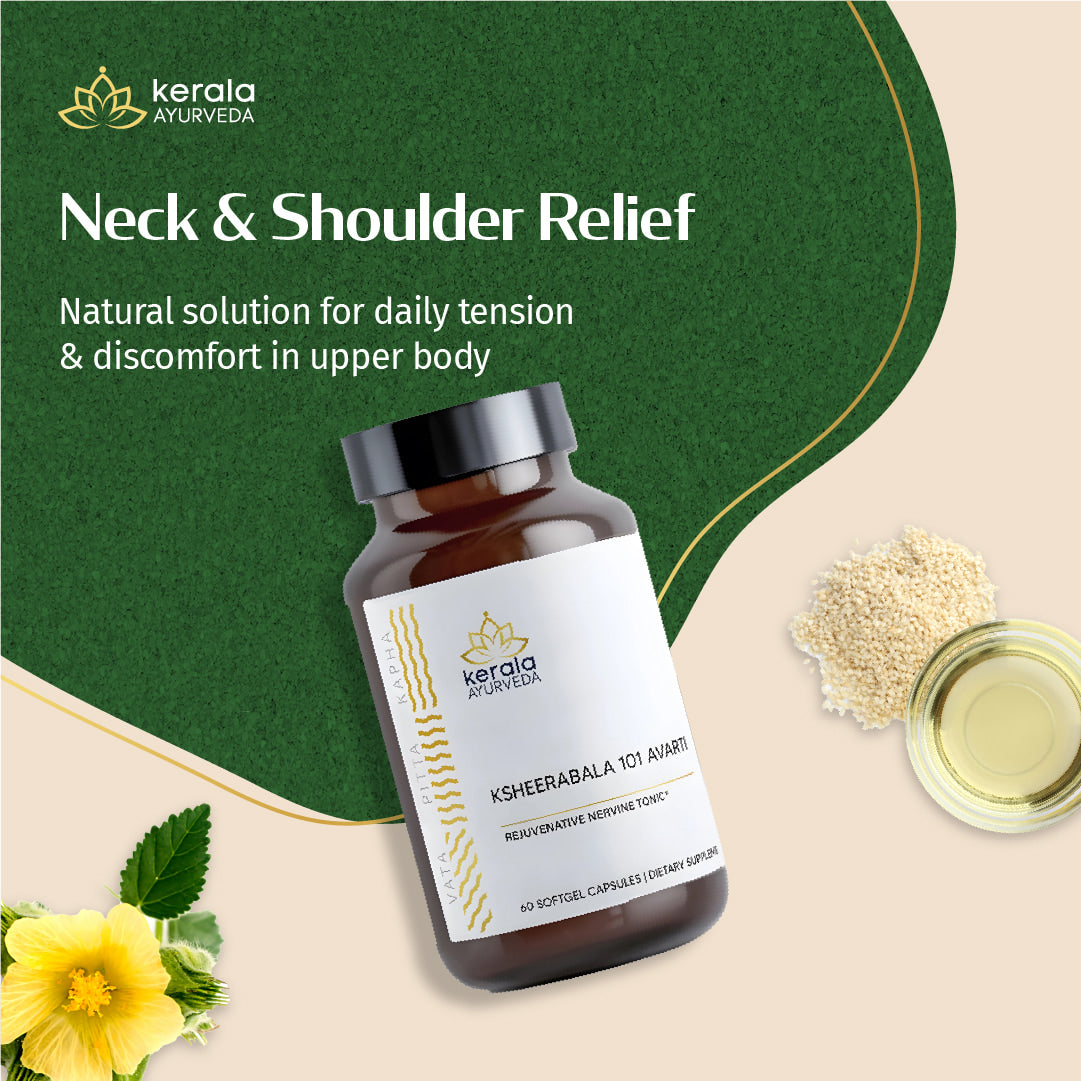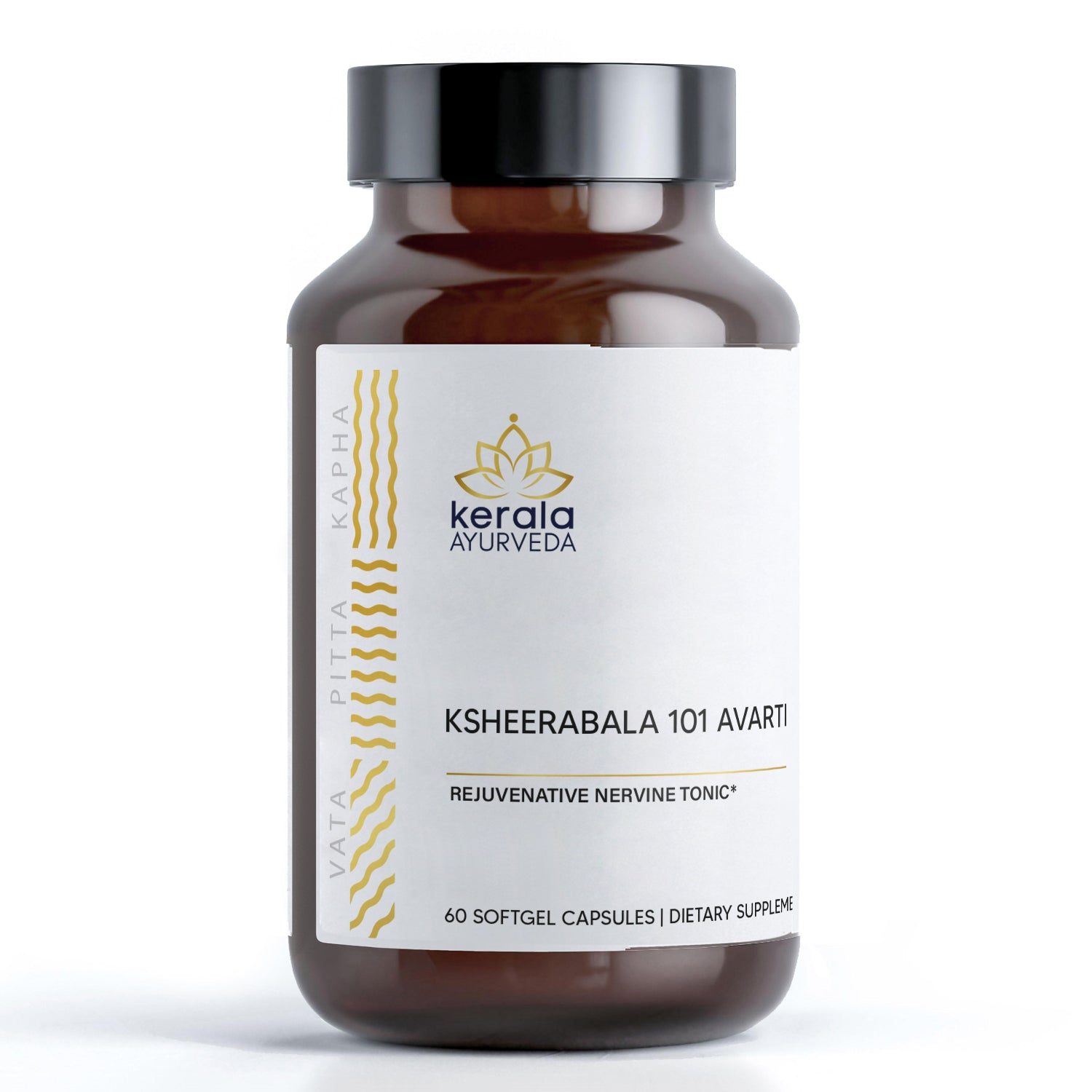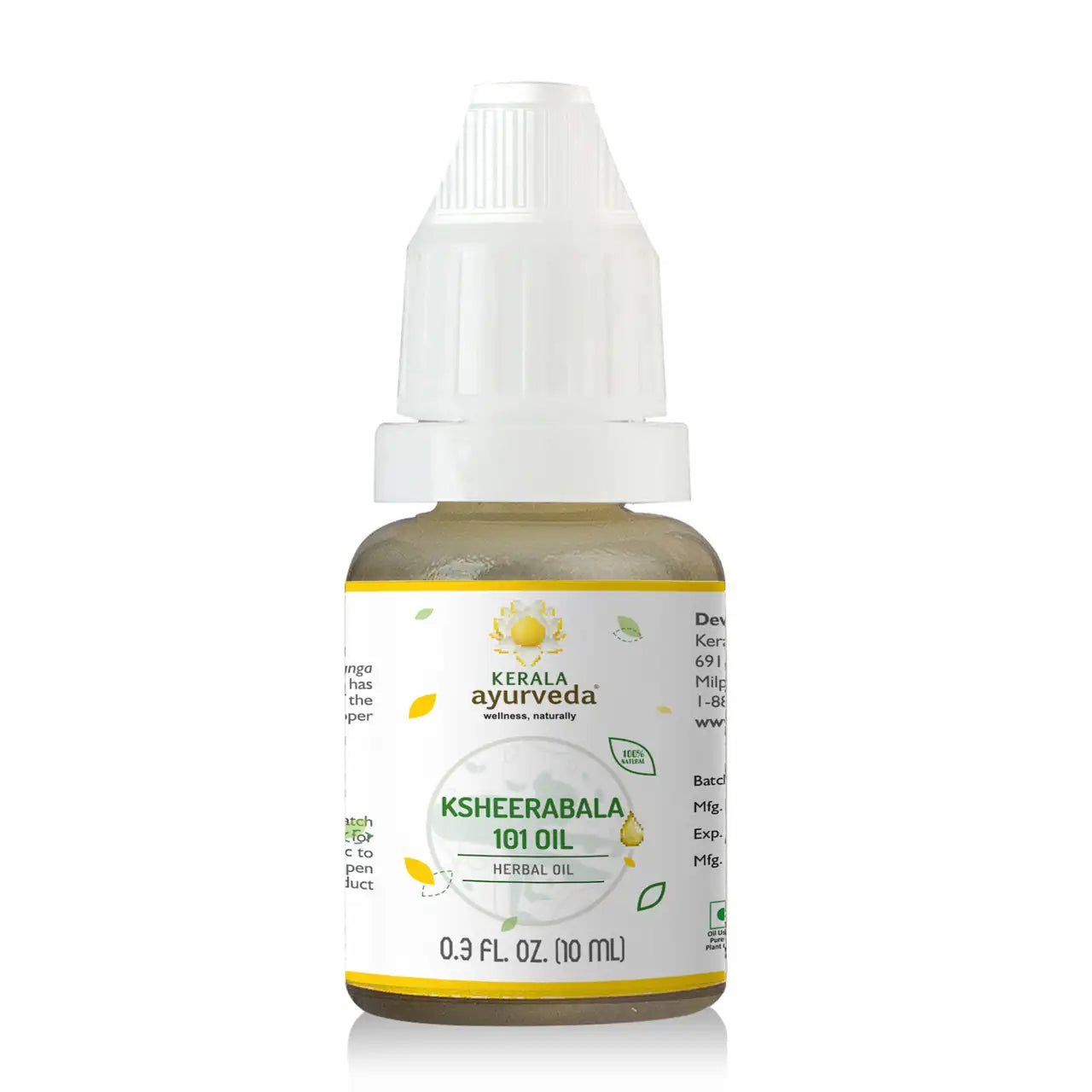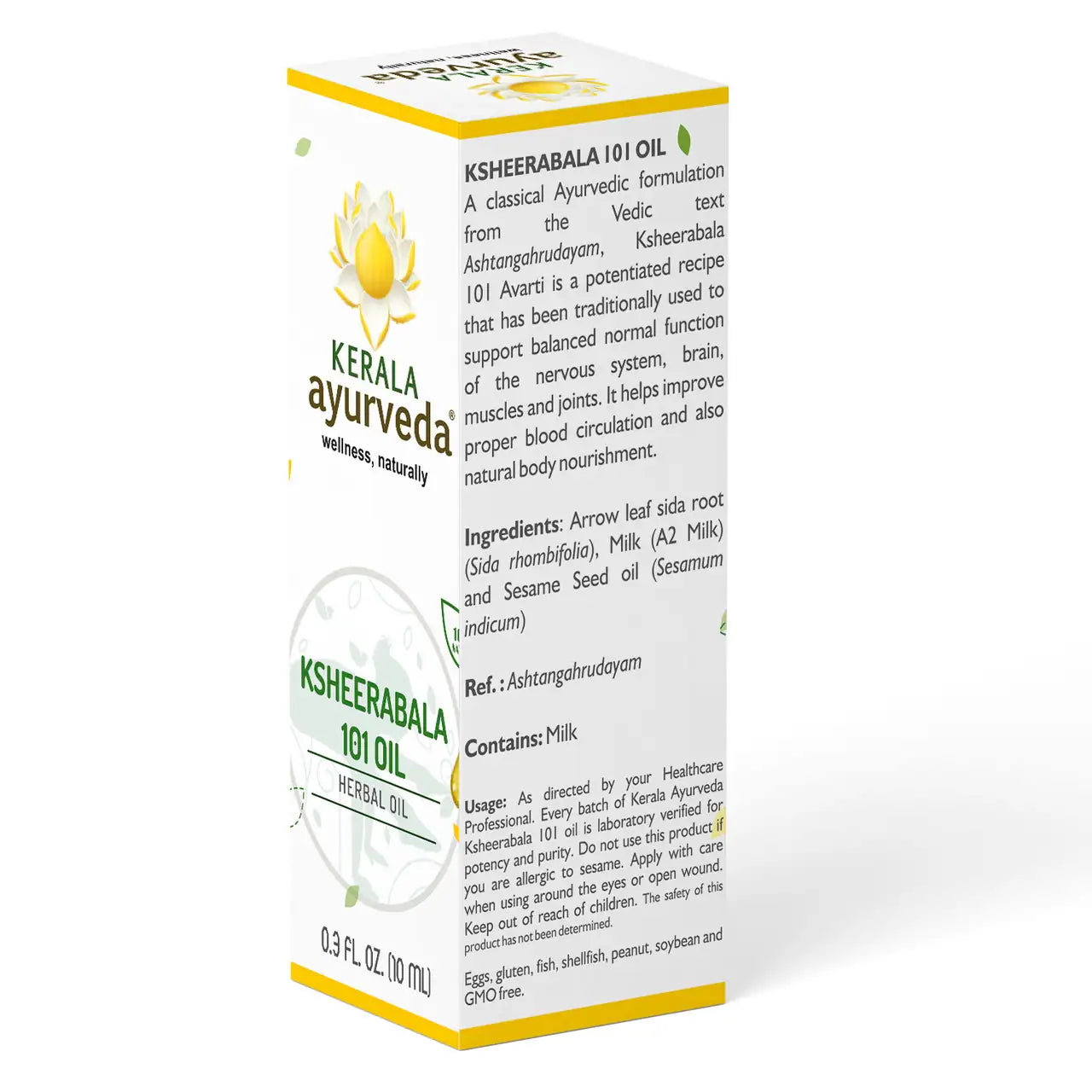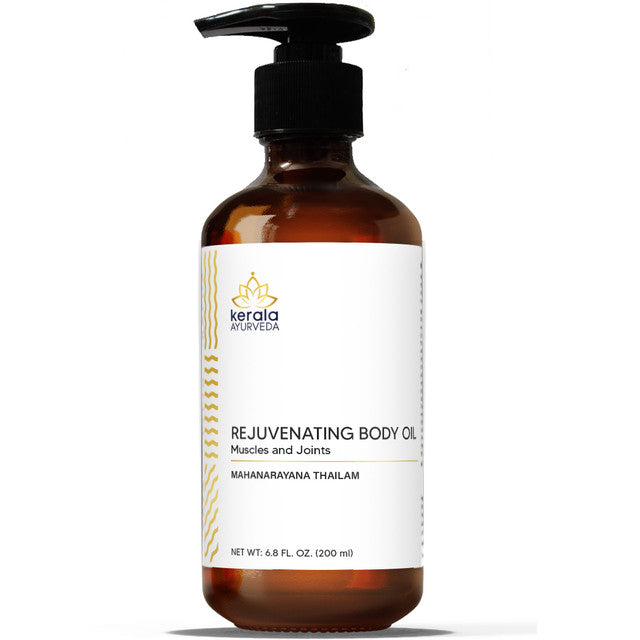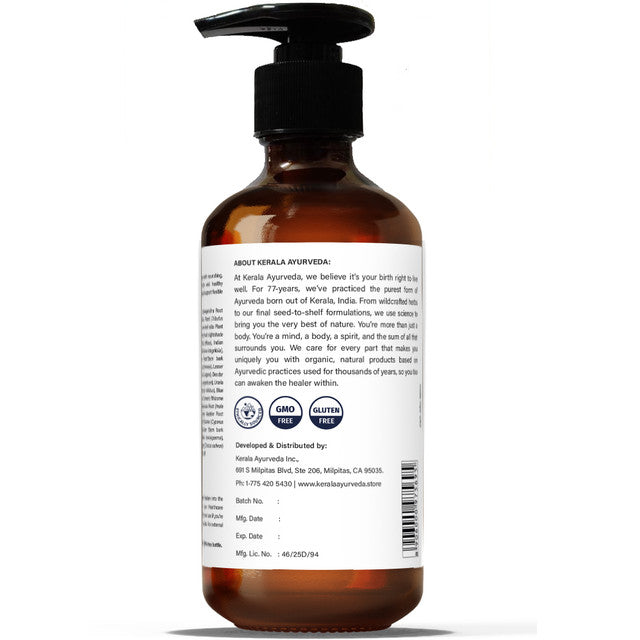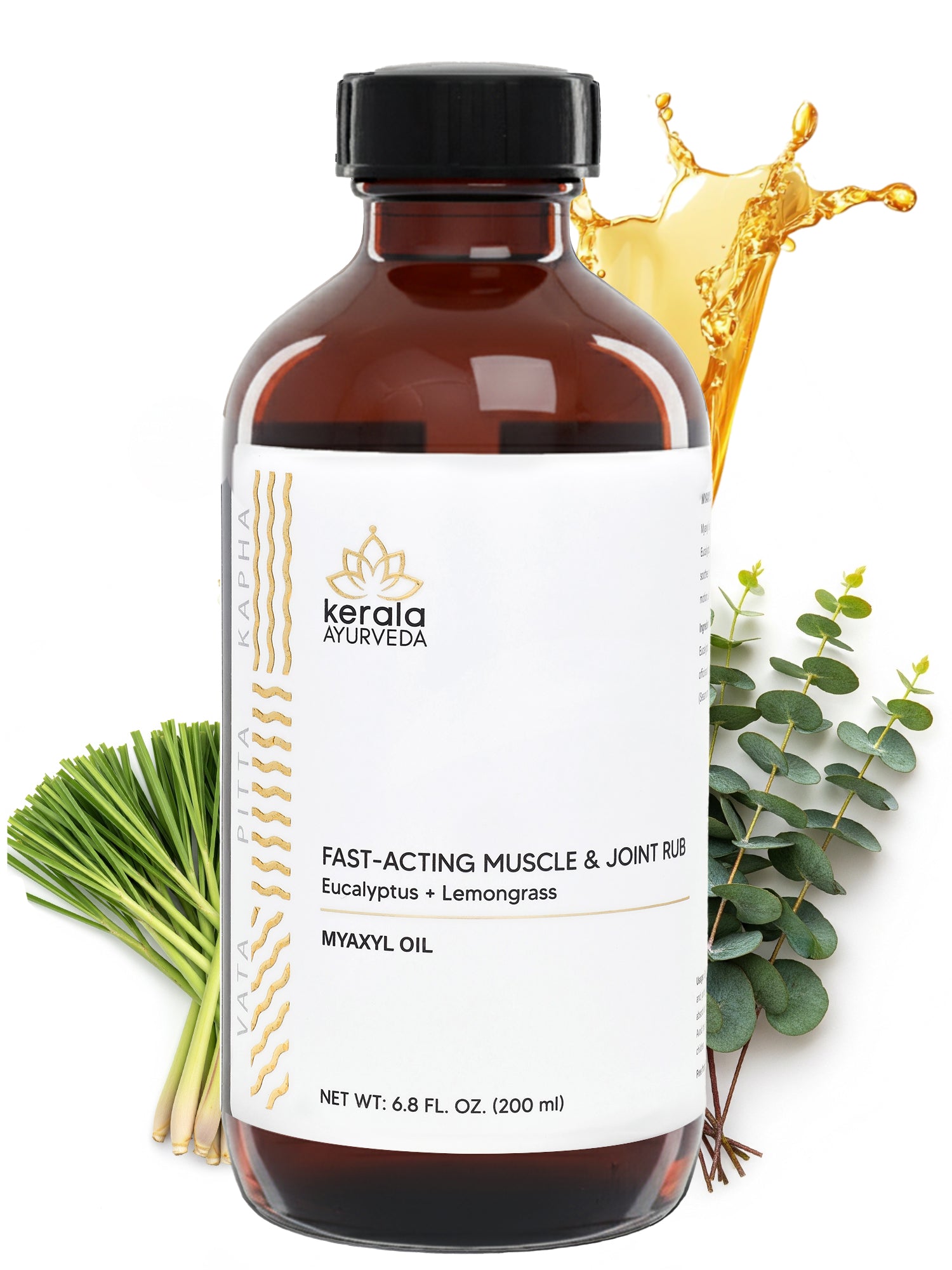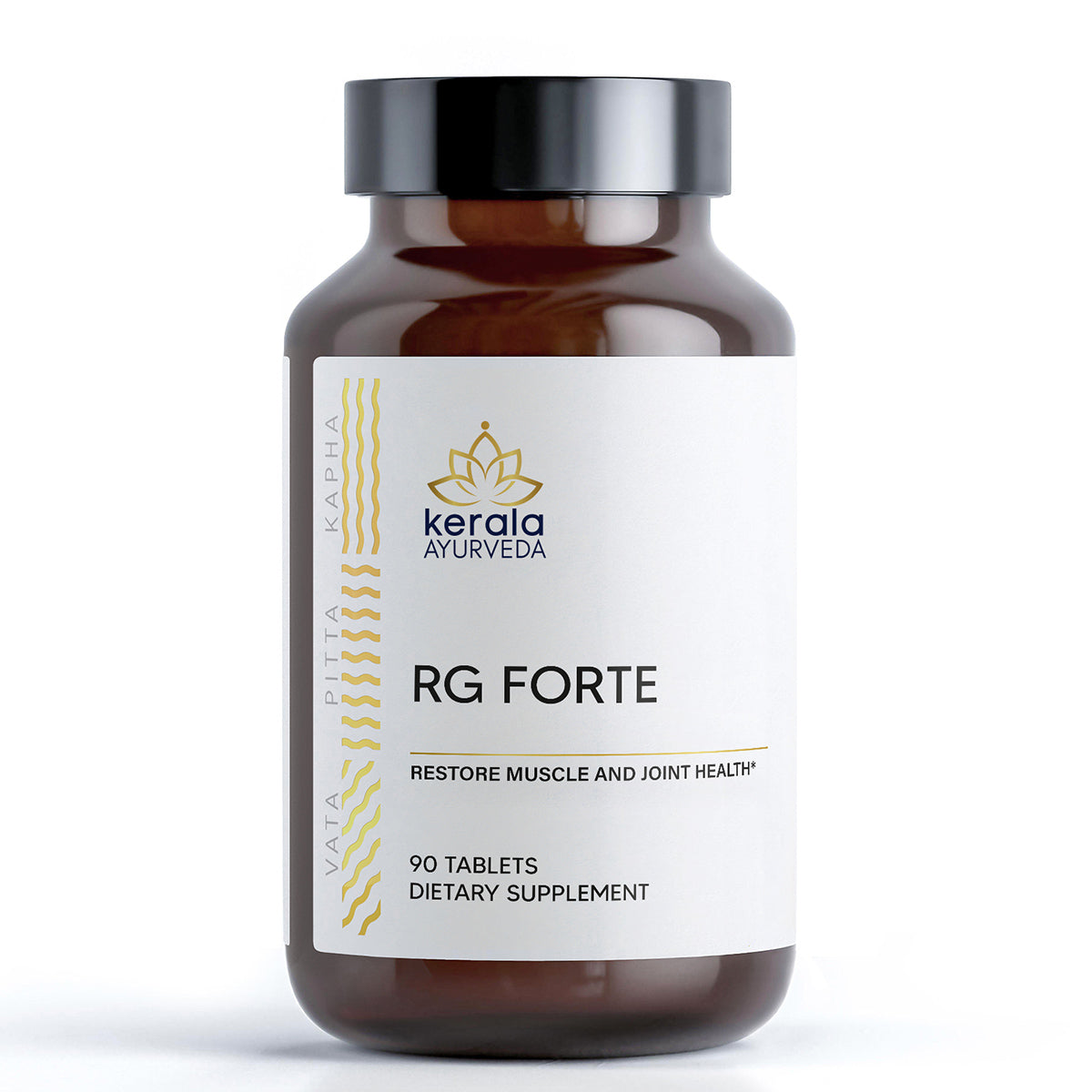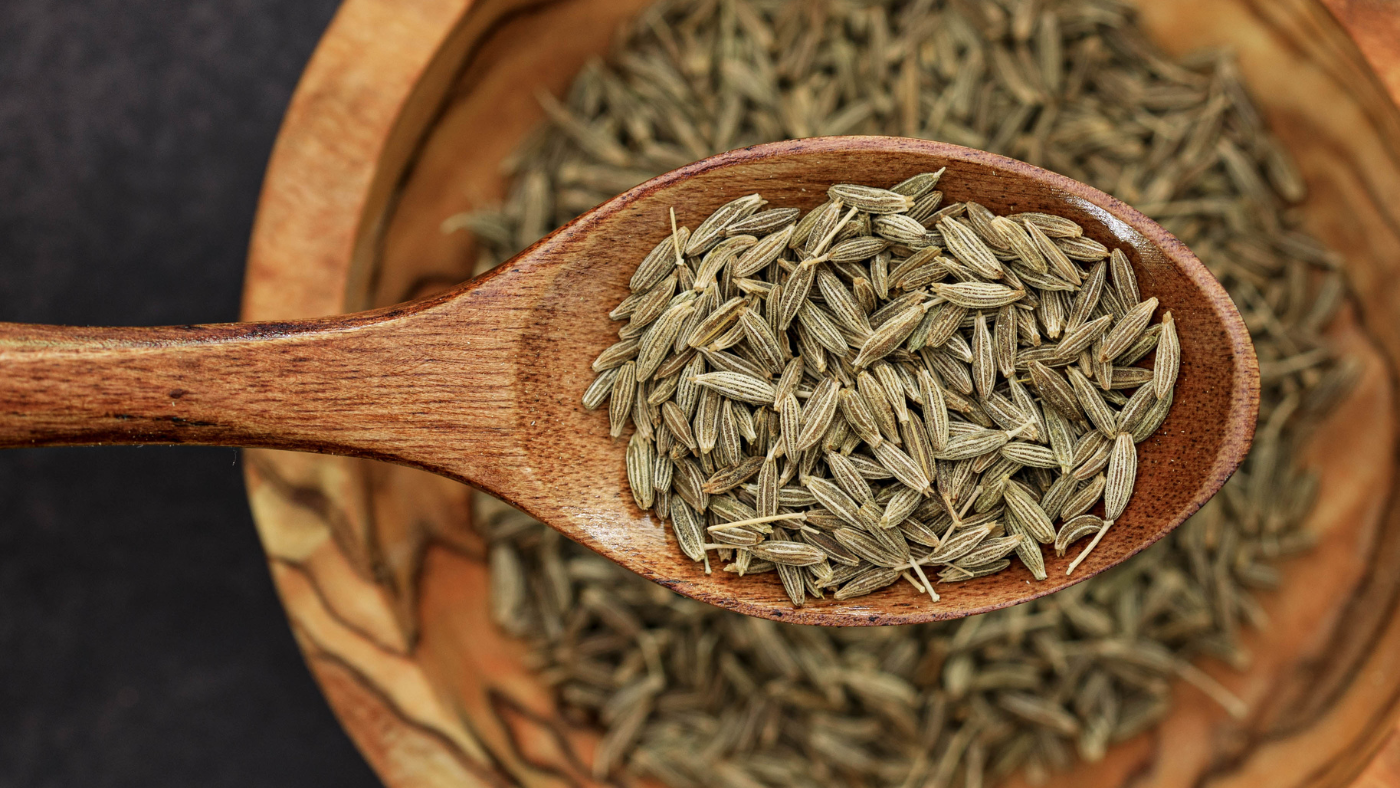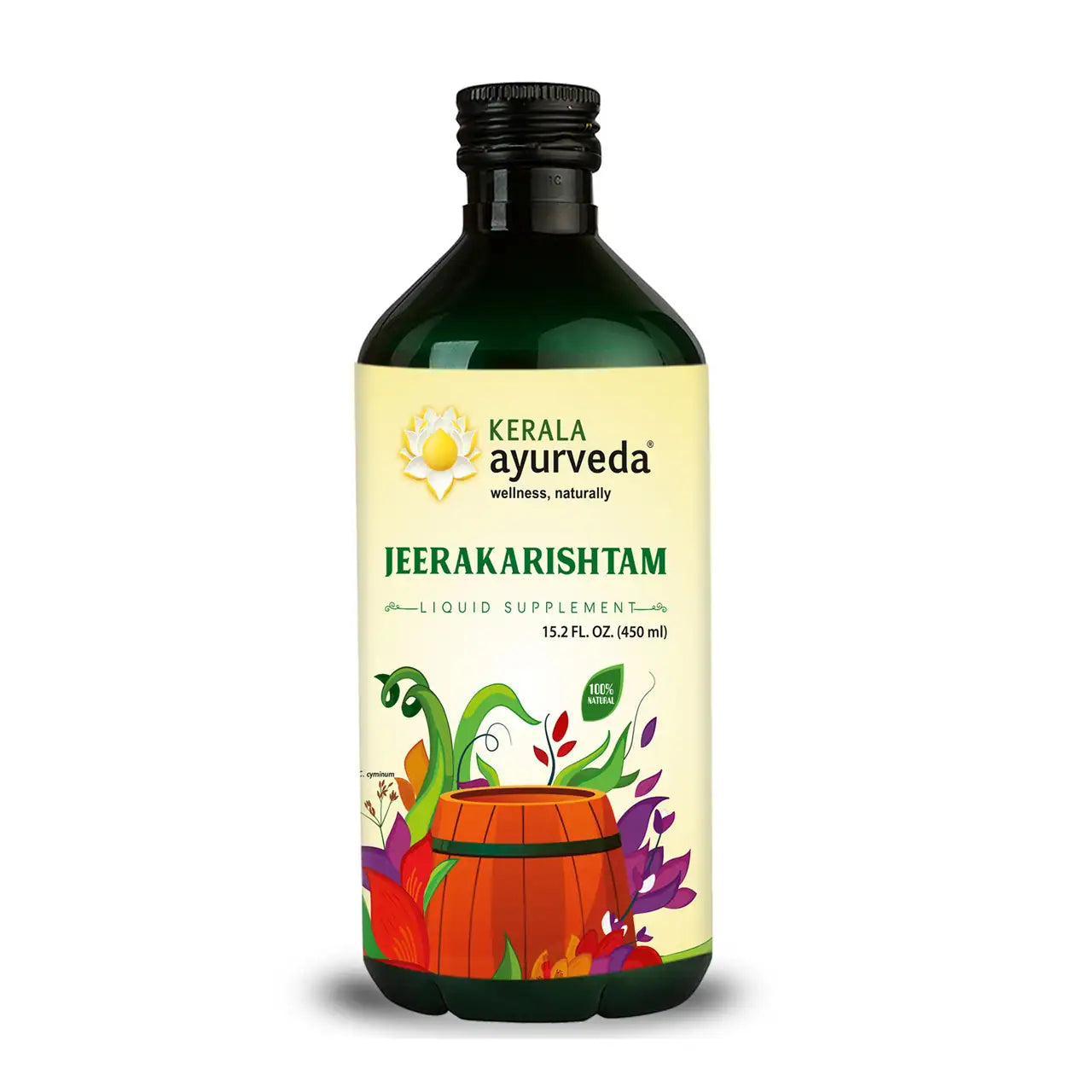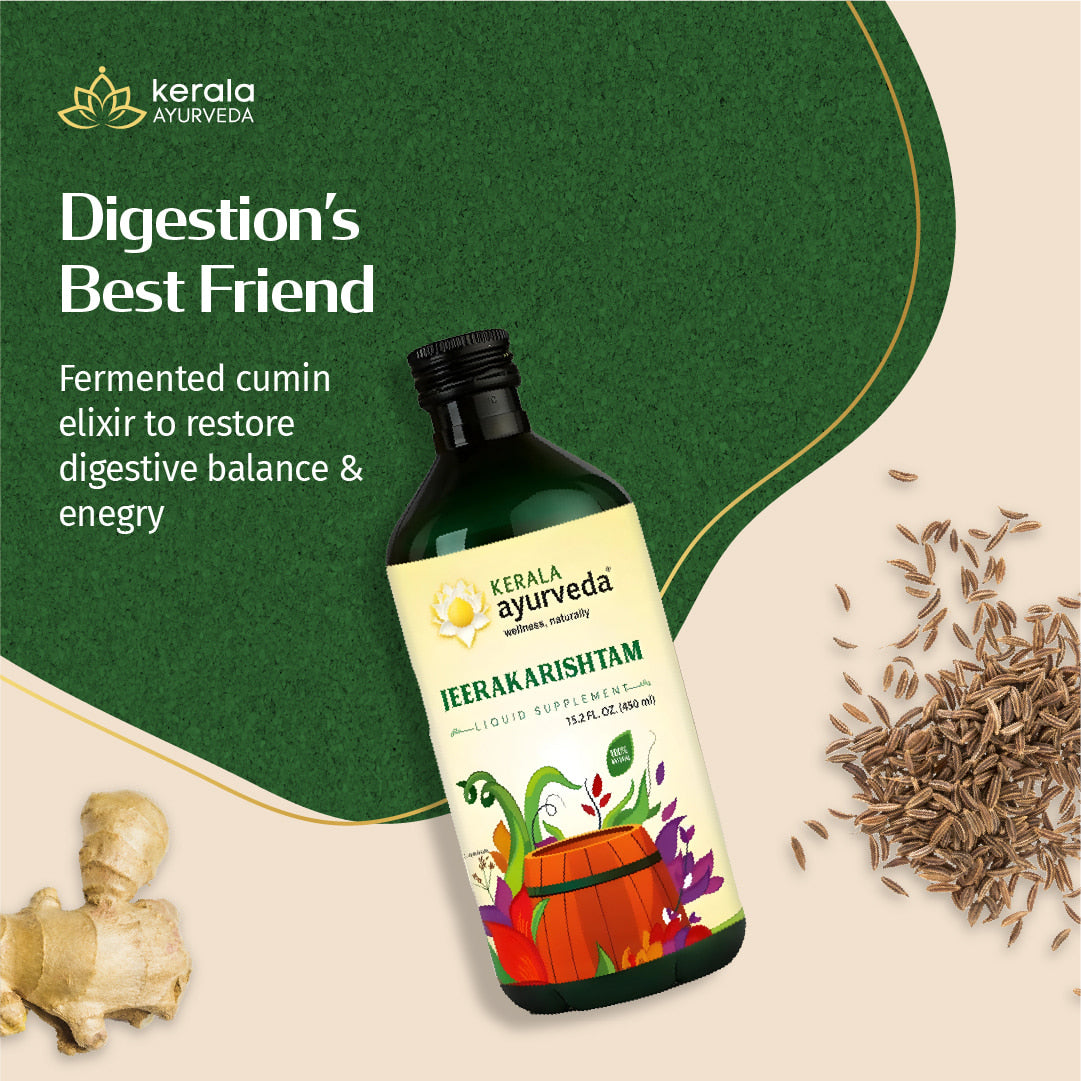Highlights
Cumin, with its earthy, slightly nutty flavor, adds warmth and depth to dishes across global cuisines, from Indian curries to Mexican tacos and Middle Eastern stews. Beyond its culinary versatility, cumin holds a revered place in Ayurveda, valued for centuries for its ability to support digestion, enhance vitality, and promote overall wellness. Rich in iron, manganese, and antioxidants, this spice offers a natural approach to nurturing the body. This guide explores cumin’s health benefits, its role in Ayurvedic tradition, and practical ways to incorporate it into daily routines, including through the potent tonic Jeerakarishtam, to foster balance and well-being.
Cumin's Amazing Health Perks
Cumin is a nutrient-dense spice that extends far beyond flavoring food, offering a range of benefits that support holistic health. Its key compounds, including cuminaldehyde and antioxidants, contribute to its therapeutic properties, making it a valuable addition to wellness routines. Below are the primary health advantages of cumin:
- Digestive Support: Cumin stimulates digestive enzymes, helping to break down complex foods and reduce bloating, gas, or discomfort. Research suggests it may alleviate symptoms of irritable bowel syndrome (IBS) due to its anti-inflammatory and antimicrobial properties, promoting a balanced gut environment.
- Immune Health: Rich in iron (providing 20% of daily needs per teaspoon) and vitamins A and C, cumin’s antioxidants strengthen the body’s defenses, supporting resilience against seasonal challenges.
- Heart Health: Studies indicate cumin may lower LDL cholesterol by approximately 10% over six weeks, thanks to its anti-inflammatory effects, which also support cardiovascular wellness by reducing inflammation.
- Blood Sugar Management: Cumin shows promise in stabilizing blood sugar levels, which may support metabolic health and aid those managing dietary concerns.
- Weight Management: When combined with a balanced diet, cumin’s ability to enhance metabolism and reduce appetite may support healthy weight maintenance. For example, studies suggest 3 grams daily with yogurt can yield noticeable results in three months.
- Skin Vitality: The antioxidant and anti-inflammatory properties help combat oxidative stress, promoting a clearer, healthier complexion.
- Stress Reduction: By supporting overall balance, cumin may contribute to a calmer mind, aligning with Ayurvedic principles of mental and physical harmony.
These benefits, rooted in both traditional wisdom and modern research, make cumin a versatile ally for nurturing the body and mind, particularly when incorporated thoughtfully into daily routines.
Cumin in Ayurvedic Tradition
In Ayurveda, a 5,000-year-old system of holistic healing, cumin—known as Jeeraka in Sanskrit—is celebrated for its ability to enhance agni, or digestive fire, which supports efficient digestion and nutrient absorption. By promoting a balanced gut, cumin helps alleviate discomfort like bloating or irregularity, fostering vitality and overall well-being. It is particularly valued for pacifying Vata (air and space) and Kapha (earth and water) energies, which, when imbalanced, can lead to digestive sluggishness or dryness.
Cumin is often combined with other herbs, such as coriander or fennel, to amplify its benefits in Ayurvedic formulations. Its high iron content supports energy production, helping to combat fatigue and promote ojas, or vital energy. In traditional cooking, cumin is a staple in spice blends like garam masala and herbal teas, adding both flavor and health benefits. Its role extends beyond the kitchen, featuring in remedies for digestive health, respiratory support, and even menstrual discomfort, making it a versatile herb in Ayurvedic practice.
Meet Jeerakarishtam: Cumin Tonic
Jeerakarishtam is a traditional Ayurvedic tonic crafted from fermented cumin seeds, designed to support digestion and overall wellness. This potent elixir, enriched with Dashamula—a blend of ten revered Ayurvedic roots—delivers comprehensive benefits, particularly for new mothers navigating postpartum recovery. As noted in the provided document, Jeerakarishtam supports digestive health, promotes a healthy microbiome, and balances Vata and Kapha energies, addressing discomfort like bloating or abdominal pain.
Key benefits include:
- Postpartum Support: Traditionally used to aid new mothers, it supports healthy breast milk production when paired with jaggery and promotes recovery by boosting immunity and energy.
- Digestive Wellness: Its detoxifying properties help soothe digestive discomfort, with many users reporting relief from IBS symptoms or bloating.
- Nutrient-Rich: Packed with iron, calcium, vitamin A, and antioxidants, it supports a healthy appetite and overall vitality.
- Holistic Balance: By nurturing gastrointestinal and reproductive health, it fosters whole-body wellness, aligning with Ayurveda’s holistic philosophy.
Using Cumin Every Day
Incorporating cumin into daily routines is simple and enhances both flavor and wellness. Its versatility makes it easy to integrate into meals, beverages, or wellness practices. Below are practical ways to use cumin daily:
- Cooking: Sprinkle ½–1 teaspoon of cumin powder or seeds into soups, stews, or salads for a warm, earthy flavor. Roast vegetables like carrots or cauliflower with cumin and olive oil for a nutrient-rich side dish that supports digestion.
- Smoothies or Yogurt: Blend ¼ teaspoon of cumin powder into a morning smoothie with spinach, banana, and almond milk for a subtle, health-boosting kick. Alternatively, mix into plain yogurt for a savory snack that may support cholesterol management when paired with a balanced diet.
- Cumin Tea: Boil 1 teaspoon of cumin seeds in 1 cup of water for 5–7 minutes, strain, and sip warm to promote digestion and reduce bloating. Add a touch of honey for flavor, ideal for an evening ritual.
- Seasoning Blends: Combine cumin with turmeric, coriander, or cinnamon to create a digestive-friendly spice mix for grains like quinoa or rice. This enhances flavor while supporting metabolic health.
- Marinades or Rubs: Use cumin powder in marinades for proteins or vegetables, adding depth to dishes like grilled chicken or roasted eggplant, which also aids nutrient absorption.
These methods make cumin a seamless addition to daily life, supporting digestion, immunity, and vitality. Start with small amounts to explore its flavor and benefits, adjusting to taste preferences.
Smart Cumin Consumption Tips
Using cumin thoughtfully maximizes its health benefits while ensuring safety and enjoyment. Below are tips for incorporating cumin effectively:
- Moderation: Stick to ½–1 teaspoon of cumin powder or seeds daily to enjoy benefits without overwhelming the palate or digestive system. For weight management, studies suggest 3 grams daily (about ¾ teaspoon) paired with yogurt for optimal results.
- Quality Matters: Choose organic, high-quality cumin seeds or powder to ensure freshness and potency. Store in an airtight container in a cool, dry place to maintain flavor and benefits for up to a year.
- Complementary Spices: Pair cumin with turmeric, coriander, or ginger to enhance digestive and immune support. For example, a pinch of cumin and turmeric in a lentil soup boosts both flavor and wellness.
- Cumin Water: Soak 1 teaspoon of cumin seeds in a glass of water overnight, strain, and drink in the morning for a detoxifying start. This supports hydration and digestion.
- Skincare: Mix ½ teaspoon of cumin powder with honey to create a 10-minute face mask, applied weekly to leverage its antioxidants for a clearer complexion.
For a concentrated dose of cumin’s benefits, consider Jeerakarishtam. Take 2 teaspoons daily, morning or evening after food, with warm water (consult a healthcare professional first), as outlined in the document, to support digestion and postpartum recovery.
Who Might Need Caution?
While cumin is generally safe and beneficial, certain individuals should exercise caution to avoid potential side effects:
- Allergies: Those with allergies to peanuts or tree nuts should be cautious, as ground cumin may be processed on shared equipment, risking cross-contamination.
- Medical Conditions: Individuals with kidney or bladder stones, eye conditions, or sensitive digestive systems (e.g., IBS) may experience discomfort and should consult a healthcare professional before use.
- Blood Sugar Management: Cumin’s potential to lower blood sugar requires careful monitoring for those with diabetes or on related medications.
- Pregnancy: Pregnant women should seek medical advice before using cumin in large amounts or as a supplement, as it may interact with medications or affect existing conditions.
- Postpartum Use: While Jeerakarishtam is traditionally used postpartum, new mothers should consult a professional to ensure safe use, especially if breastfeeding.
Moderation and professional guidance ensure cumin’s benefits are enjoyed safely, particularly when using potent formulations like Jeerakarishtam.
Embrace Your Ayurvedic Reset
Cumin offers a remarkable blend of flavor and health benefits, supporting digestion, immunity, heart health, and skin vitality through its nutrient-rich profile and antioxidant properties. Rooted in Ayurvedic tradition, this versatile spice enhances meals and wellness practices, promoting balance and vitality. Whether sprinkled into dishes, sipped as tea, or used in potent tonics like Jeerakarishtam, cumin provides an accessible way to nurture the body.
Crafted with Kerala Ayurveda’s commitment to authenticity and quality, Jeerakarishtam delivers cumin’s benefits in a convenient form, particularly for postpartum digestive support and overall wellness. Visit Kerala Ayurveda store to explore this and other Ayurvedic products, embracing the transformative power of nature’s wisdom for a balanced, vibrant life.




